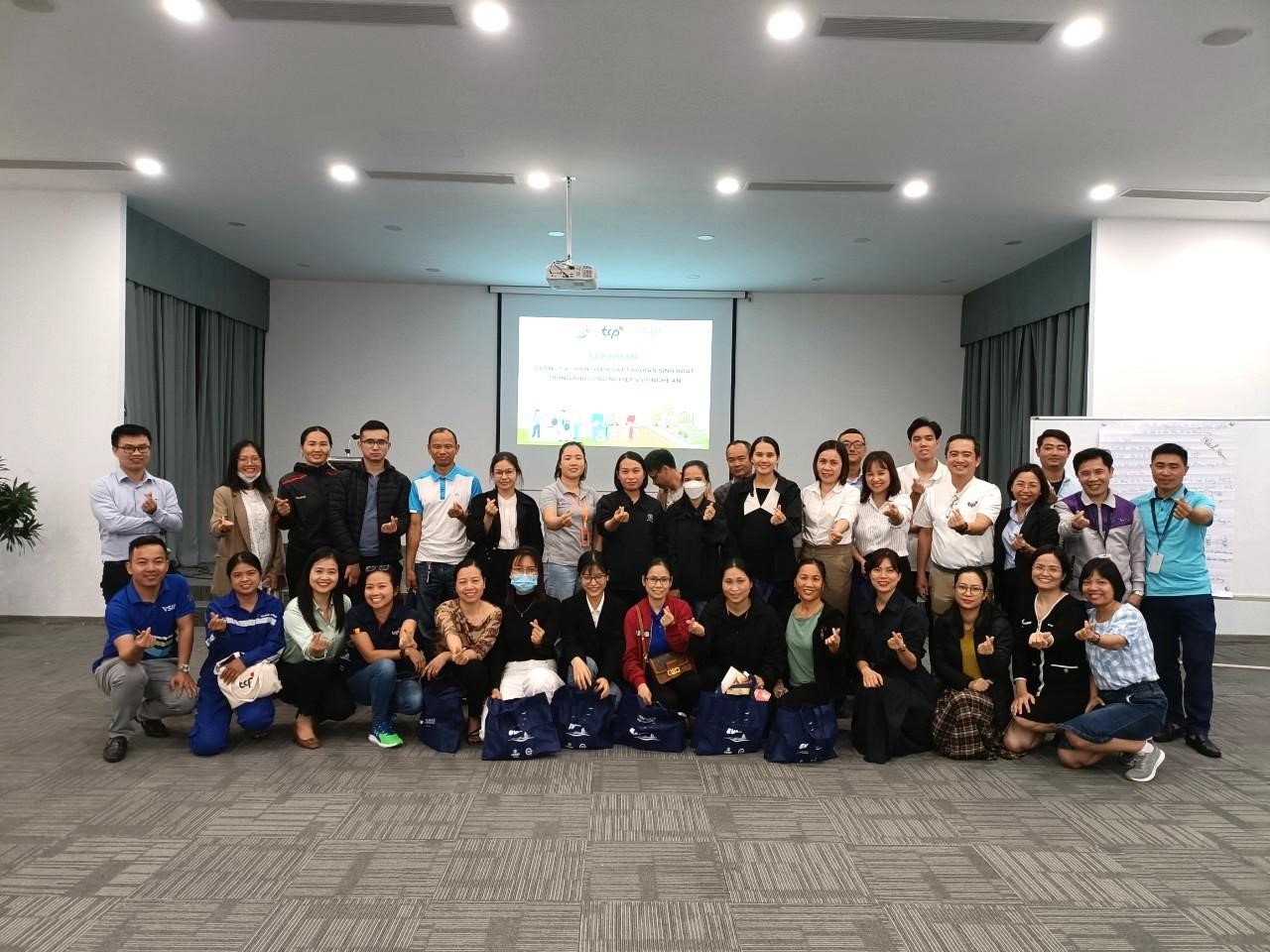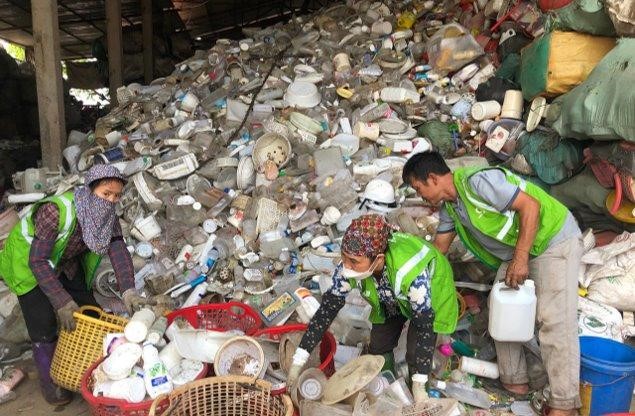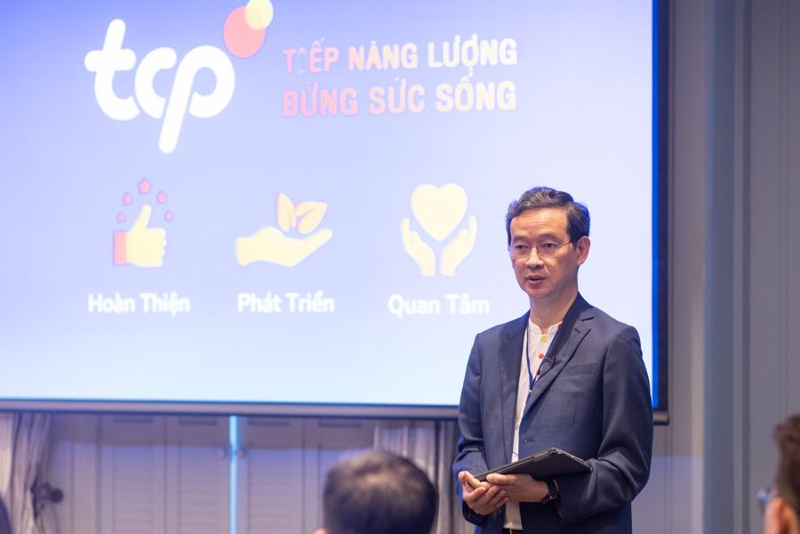During a business trip to Vietnam this year, Mr. Saravoot Yoovidhya, CEO of the TCP Group, announced TCP’s new purpose of “Energizing a better world for all” and its commitment to sustainable development. As one of Thailand’s leading beverage corporations, TCP has always focused on sustainable development and made positive contributions to the environment in countries where it operates, including Vietnam.
With the new purpose, TCP aims to elevate its environmental sustainability initiatives in the 2022-2024 period by focusing on three urgent challenges: achieving carbon neutrality in all operational activities by 2050, developing packaging to be 100 per cent recyclable, and increasing production efficiency, reducing water usage and replenishing more water for the environment than the company uses.

With iconic energy beverages like Red Bull and Warrior, the TCP Group deeply understands the value of collecting, recycling, and remanufacturing used packaging. The group is determined to reach a 100 per cent rate in producing recyclable packaging. Therefore, its R&D team has consistently conducted research and made efforts to innovate product packaging to ensure that all cans and bottles from the group are recyclable.
Along with enhancing packaging production, TCP Vietnam has also proactively taken part in community activities to collect and recycle packaging waste. Following the announcement of the new business strategy, TCP Vietnam has collaborated with the International Union for Conservation of Nature (IUCN) and the Vietcycle Corporation (VCC) to develop a pilot project on collecting, sorting, and recycling packaging, demonstrating the company’s commitment to adhere to requirements on recycling rates and procedures for its products under the Extended Producer Responsibility (EPR).

The project is designed to test the pilot model of collecting and sorting the company’s recyclable packaging waste, such as aluminum cans, PET bottles, and cardboard cartons before sending them to specialized recycling companies. This effort is made so that TCP Vietnam achieves two parallel goals: improving production efficiency, and lowering the impact on the environment in compliance with the new EPR decree in Vietnam. The project aims to promote waste sorting and increase recycling rates at industrial parks in Nghe An, Binh Duong, and Hanoi.

In November, TCP Vietnam conducted the “Management and sorting of industrial solid waste” training session at the Vietnam Singapore Industrial Park in Nghe An province (VSIP Nghe An), with the aim of laying a strong and long-lasting foundation for waste sorting and recycling. The training helped increase awareness of the benefits of waste sorting and environmental conservation.
Legal documents on solid waste management were also covered at the training. According to Mr. Nguyen Thanh Huan, Country Director of TCP Vietnam, since Day 1 in Vietnam, TCP has actively served Vietnamese consumers’ diverse needs. “With the growth strategy, values inherited from the TCP Group, and local understanding, we have taken the first steps in the ‘thousand-mile journey’ to move the circular economy forward and promote the implementation of EPR in Vietnam,” he emphasized.









 Google translate
Google translate